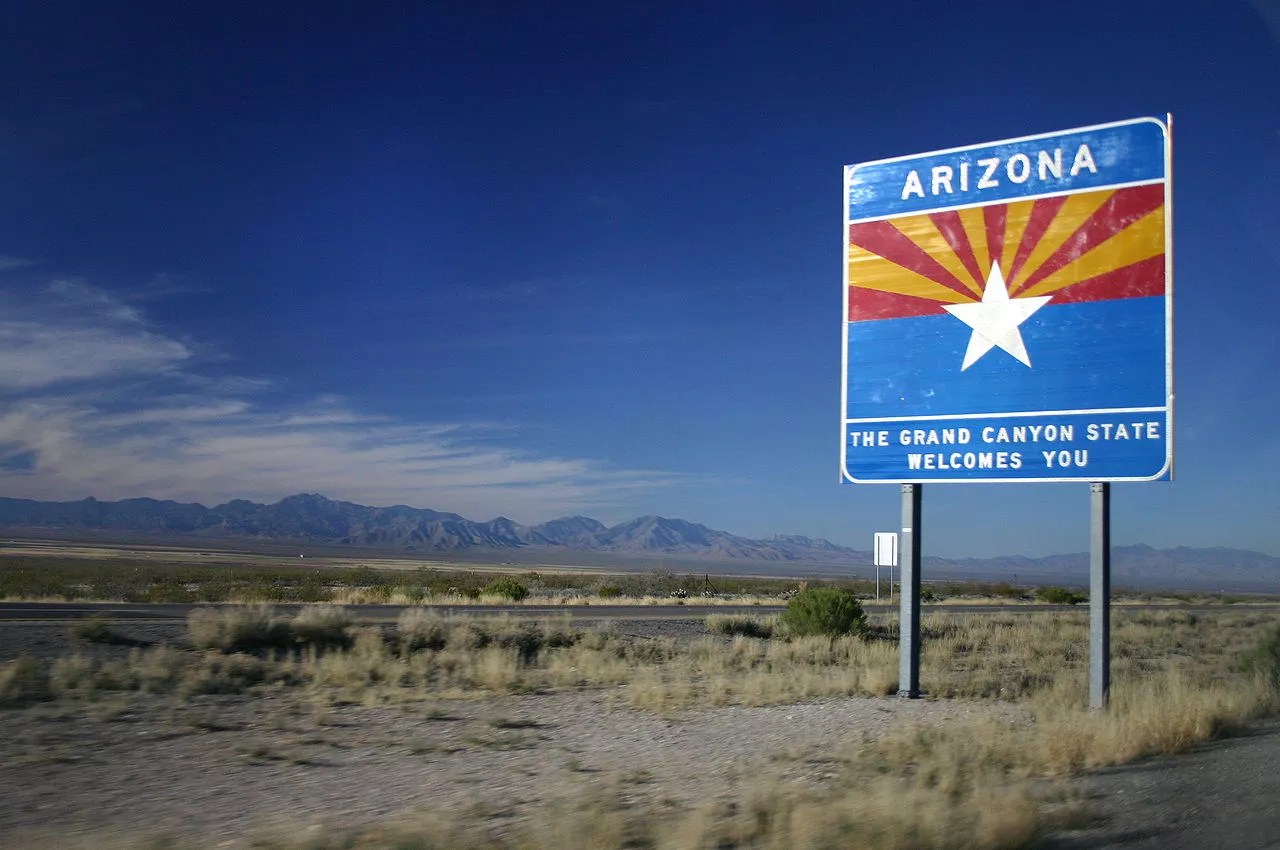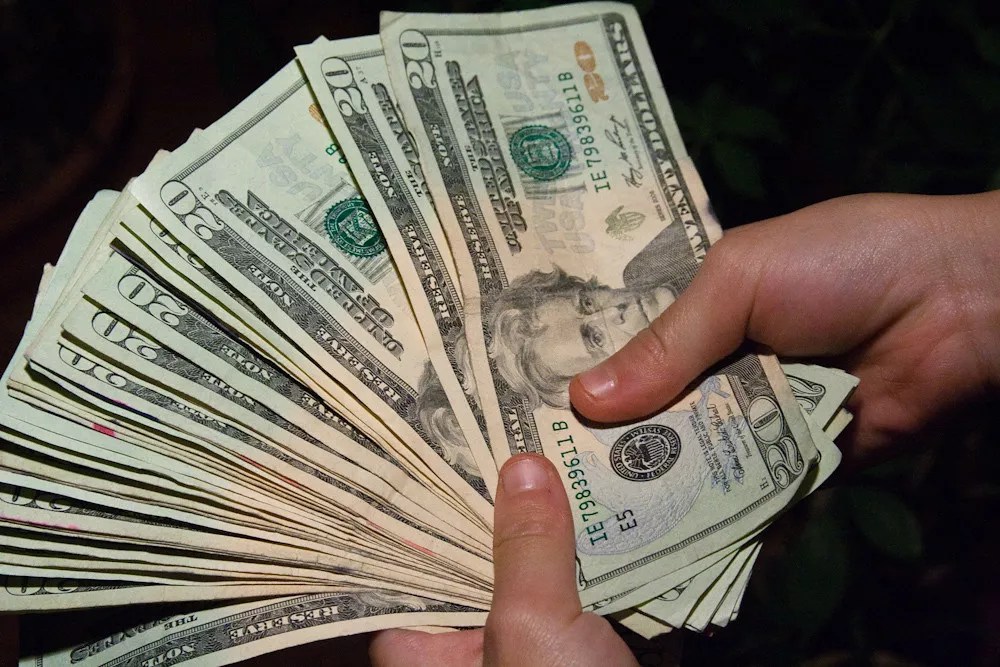
Wing-Chi Poon/Wikimedia Commons/CC BY-SA 2.5

Audio By Carbonatix
Maricopa County reached a record number of evictions last year, and rents continue to rise. But tenants received a slight reprieve starting in January.
In August 2023, the Arizona Legislature brought a bill to the desk of Gov. Katie Hobbs to bar cities from charging rental taxes. Hobbs signed it, and after a delay to help towns and cities adjust to the loss in tax income, the law took effect on Jan. 1.
The result? Your monthly rent should no longer include a rental tax. Here’s what tenants should know about the change in the law.
What does the law say about rental tax in Arizona?
On Jan. 1, a law took effect that banned cities from charging city transaction privilege tax, or TPT, on rental properties – more specifically, on any income derived from long-term lodging stays of 30 days or more. Because the tax is paid by property owners, those landlords typically pass the cost along to renters in their rental agreements.
Landlords can’t do that anymore, nor can they cannot continue to collect this tax through other means, such as an administrative fee or additional rent, at least not without modification to the lease. That would require consent from all parties to the agreement, according to the Arizona Department of Real Estate.
However, once a tenant’s lease is up, nothing stops landlords from increasing rent by whatever amount they desire.
What kind of properties does Arizona’s rental tax ban affect?
Previously, residential rental property owners would collect TPT, a type of city tax, based on the income they received for long-term tenants or on lodging of 30 days or more. Now, residential tenants will no longer have to pay this tax.
However, the new law does not apply to commercial properties, health care facilities, or motels, hotels and short-term rentals booked for fewer than 30 days. Cities can still charge a rental tax for those types of leases.

The average rental tax in the Valley was 2.5% prior to the state’s rental tax ban.
Steven Depolo/Flickr/CC BY 2.0
What Arizona cities previously charged rental tax?
Out of Arizona’s 91 incorporated cities and towns, 16 already did not charge a rental tax and will not be impacted by this change. These cities include Flagstaff, Sedona, Tucson, Oro Valley, Payson and Lake Havasu City.
Still, the rest of Arizona’s 75 cities and towns did charge rental tax. The major cities that will no longer be able to charge rental tax include Mesa, Surprise, Phoenix, Queen Creek, Tolleson, Scottsdale, Nogales, Yuma, Apache Junction, Buckeye, Tempe, Paradise Valley, Cave Creek, Fountain Hills, Chandler, Gilbert, Glendale, Peoria and Prescott.
What impact will Arizona’s rental tax ban have?
While rental tax has traditionally varied by city across the Valley, the average tax was 2.5%, according to Kiplinger Today. Renters will see this impact in the long run.
For example, tenants who pay $1,400 a month in rent with a TPT tax of 2.5% will save $420 by the end of 2026 due to the new rental tax ban. On Reddit, Phoenix renters shared that their savings on this month’s rent ranged between $10 to $75.
Additionally, landlords can no longer charge TPT on other fees, such as late fees, according to the Arizona Multihousing Association. For example, if late fees are $5 plus nine cents in tax, now that late fee should be only $5.
The League of Arizona Cities and Towns estimated that the ban will cost cities across the Grand Canyon State $230 million by the end of 2025 alone.
What should Arizona tenants do if their rent doesn’t go down?
Landlords should have notified tenants of the change and promoted it “as a good thing for residents,” the AMA wrote, though it’s unclear if a formal notice is required. Instead, the AMA suggested landlords communicate the change through email and community communications.
The AMA also warned landlords against continuing to charge this tax in other forms, saying that “not only will you get sued (potentially in a class action), you will end up on the news.” Additionally, the organization warned, Arizona Attorney General Kris Mayes may become involved so “staying compliant is essential to avoid these issues”.
However, if tenants are still being charged for this rental tax – either outright or through another fee – they should submit a complaint with the Attorney General’s Office and/or seek legal counsel. Low-income tenants can seek legal counsel through Community Legal Services.